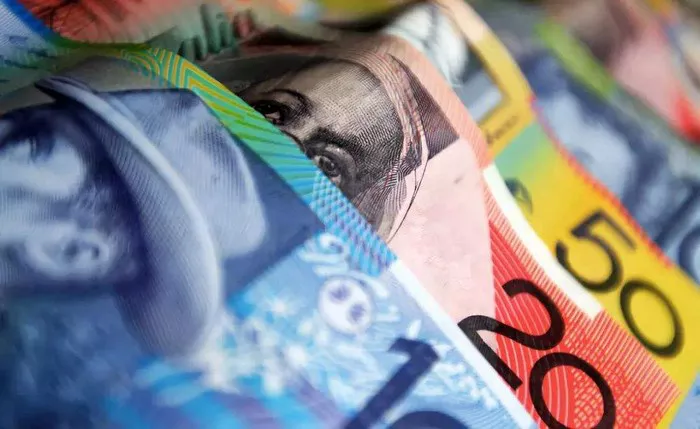The foreign exchange market is dynamic and influenced by a multitude of factors, making it essential for investors to carefully consider the timing of currency transactions. In recent times, one currency that has attracted attention is the Australian Dollar (AUD). As global economic conditions continue to evolve, investors are left wondering: Is now a good time to buy Australian Dollars? In this article, we will delve into various factors that can impact the Australian Dollar’s value and explore whether the current market conditions make it an opportune moment for investors.
Economic Indicators
Understanding the economic fundamentals of a country is crucial when assessing the strength or weakness of its currency. Australia has historically been known for its stable economic performance, supported by factors such as robust GDP growth, low unemployment rates, and sound fiscal policies. As of the latest data, Australia has shown resilience in the face of global economic uncertainties.
The Reserve Bank of Australia (RBA), the country’s central bank, plays a pivotal role in shaping economic policy. Monitoring RBA’s decisions on interest rates and monetary policies provides valuable insights into the future trajectory of the Australian Dollar. Additionally, staying abreast of economic indicators such as inflation rates, employment data, and trade balances can offer a comprehensive view of Australia’s economic health.
Global Economic Conditions
The Australian Dollar is not isolated from global economic trends, and external factors can significantly impact its value. As a commodity currency, the AUD is particularly sensitive to changes in global commodity prices. Australia is a major exporter of commodities, including iron ore, coal, and natural gas. Therefore, fluctuations in commodity prices, driven by factors like global demand and geopolitical tensions, can influence the Australian Dollar’s strength.
Furthermore, the state of major economies, such as the United States, China, and the Eurozone, can exert significant pressure on the Australian Dollar. Economic events, such as trade negotiations, monetary policy changes, and geopolitical developments, can cause shifts in investor sentiment and impact currency values. It is imperative for investors to monitor these global dynamics when considering whether to buy Australian Dollars.
Interest Rates and Monetary Policy
Interest rates play a crucial role in currency valuation. Higher interest rates tend to attract foreign capital, boosting demand for the currency and strengthening its value. Conversely, lower interest rates may lead to capital outflows and a depreciation of the currency. The RBA’s monetary policy decisions, including changes in interest rates, are closely watched by investors.
In the context of the global economic landscape, central banks in major economies also influence currency values through their monetary policies. For example, decisions made by the Federal Reserve in the United States can impact the AUD/USD exchange rate. Therefore, investors should carefully assess interest rate differentials and monetary policy outlooks when considering buying Australian Dollars.
Geopolitical Factors
Geopolitical events can introduce volatility and uncertainty into currency markets. As of the latest developments, geopolitical tensions, trade disputes, and regional conflicts can influence investor confidence and impact currency values. Australia’s proximity to Asia and its strong trade ties with countries in the region make it susceptible to geopolitical shifts in the Asia-Pacific region.
Investors evaluating the timing of buying Australian Dollars should stay informed about geopolitical developments that could potentially affect the currency. Factors such as diplomatic relations, trade agreements, and regional stability can have a direct impact on the Australian Dollar’s performance.
Technical Analysis
In addition to fundamental factors, technical analysis can provide valuable insights for currency traders. Examining historical price charts, identifying trends, and using technical indicators can help investors make more informed decisions. Chart patterns, support and resistance levels, and moving averages are among the tools that traders use to analyze the market and identify potential entry points.
Conclusion
In conclusion, determining whether now is a good time to buy Australian Dollars requires a comprehensive analysis of various factors. Economic indicators, global economic conditions, interest rates, geopolitical factors, and technical analysis all play crucial roles in shaping the currency market. Investors should adopt a holistic approach, considering both fundamental and technical aspects, to make well-informed decisions.
As with any investment, it is important for investors to conduct thorough research, stay informed about market developments, and seek professional advice if needed. The foreign exchange market is inherently volatile, and currency values can fluctuate rapidly. By carefully evaluating the factors discussed in this article, investors can better position themselves to make informed decisions regarding the opportune timing of buying Australian Dollars.


